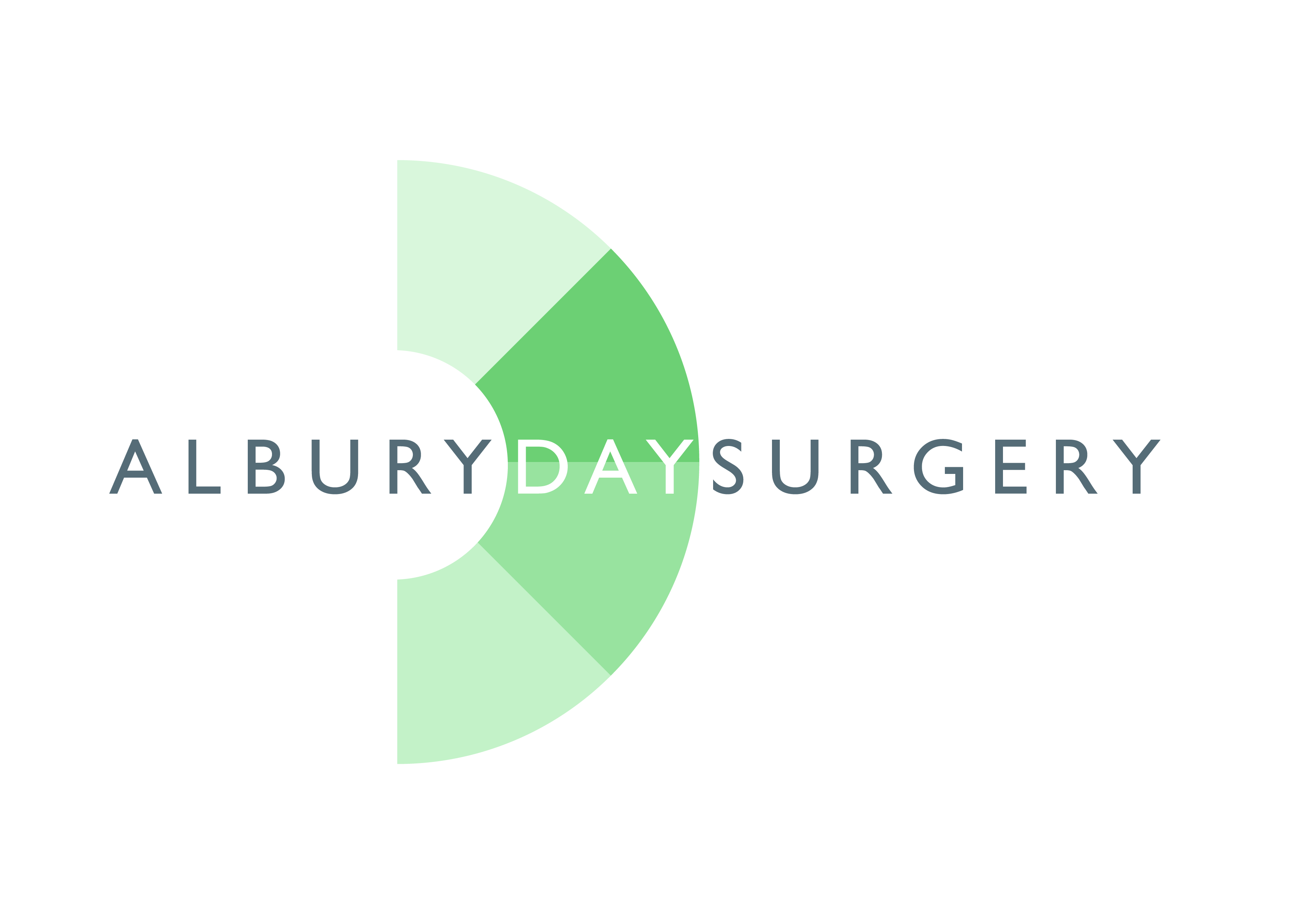Dr Joseph Jabbour
MBBS FRANZCOG
If you’re thinking about having a baby, the first and most important step is to ensure that your health is at its best, in order to achieve optimal success.
Preconception health is your overall health before trying to conceive. All women – and men – should be thinking about their health regardless of whether they are planning on having a child now or in the future. Preconception care refers to a process of identifying any medical, psychological, environmental and social risks to a woman’s fertility and pregnancy outcome. The goal is to reduce these risks with counselling and appropriate intervention.
In order to give yourself the best chance to conceive and carry a healthy baby, here are three easy steps to follow.
Make sure you get a general health check
One of the best places to start is to have a general health check-up with your local GP. It sounds rather simple, but it’s a step that a lot of patients often skip, eager to conceive as quickly as possible. Ideally, your check-up should include:
• making sure your cervical screening (Pap smear) is up to date
• a breast check
• blood pressure
• blood tests such as blood type, blood count, and antibody screen, and infections such as HIV, Hepatitis B and C, and CMV
• making sure your vaccinations are up to date
• Genetic Screening: This is a test that looks at the most common genetic abnormalities (Cystic Fibrosis, Fragile X Syndrome, and Spinal Muscular Atrophy). You or your partner may be carriers for these diseases without knowing. Carriers will not exhibit any symptoms, but if both parents are carriers, your children have an increased chance of having the disease. By checking for your carrier status, you can have access to options such as IVF treatment with Preimplantation Genetic Testing if you are both positive.
If required, your partner should be having a health check too!
You’ll both need to be tested for:
• immunity to rubella and chickenpox – some infectious diseases can affect your baby’s development
• sexually transmitted infections (STIs) – to minimise the risk of STIs affecting your fertility or passing an infection to each other, or your baby.[1]
Take the necessary preconception and pregnancy vitamins:
The Fertility Society of Australia recommends women take 400-500 micrograms of folic acid daily when trying for a baby and for the first 3 months of pregnancy. Research shows folic acid reduces the risk of neural tube defects (NTD) in babies.[2] If you have a family history of NTDs, type 1 or 2 diabetes, or a body mass index (BMI) over 30, talk to your GP or fertility specialist about the best dose for you (usually 1-4 milligrams).
Iron is important for your blood count and is necessary for the development of your placenta. Pregnant women run the risk of iron deficiency anaemia and by supplementing your diet with iron, you can reduce that risk.
Vitamin D and calcium are important for the development of the skeletal system in your baby. Supplementation is required if your blood levels are low, especially for Vitamin D.
Iodine is important for the development of the thyroid gland. The World Health Organization recommends an iodine intake of 250 micrograms for both pregnant and lactating women.
Ensure you have a healthy BMI
Being severely overweight or underweight can affect your chances of falling pregnant, or put you and your baby at risk during pregnancy.
Did you know that obesity can reduce fertility by causing hormonal changes? And that’s not just for women, but for the dads too. Men are at greater risk of developing sexual dysfunction if they are overweight.
Similarly, being underweight can also cause issues with fertility.
Calculating your body mass index (BMI) is a good way to measure if you are overweight or underweight.[3]
If your BMI is higher than it should be, don’t panic. You can boost your fertility by losing weight with healthy eating and regular exercise. Moderate exercise and modest weight loss can improve your chances of conceiving – for both men and women!
All women of childbearing age should visit their doctor to check their reproductive health. The goals of preconception care are to identify any potential risks, and to provide education about how to achieve the best outcomes. Together we create management plans and interventions to improve your fertility, as well as reducing potential risks during the pregnancy.
1. Attention to lifestyle can improve fertility and your chance of having a healthy baby.
http://yourfertility.org.au/for-women/other-factors/
2. Micronutrient (folic acid, iodine and vitamin D) supplements pre-conception and during pregnancy
https://www.fertilitysociety.com.au/wp-content/uploads/FSA-Micronutrient-Folic-Acid-Iodine-and-Vitamin-D-Supplements-Pre-Conception-and-During-Pregnancy.pdf
3. Body mass index (BMI) https://heartfoundation.org.au/your-heart/know-your-risks/healthy-weight/bmi-calculator



